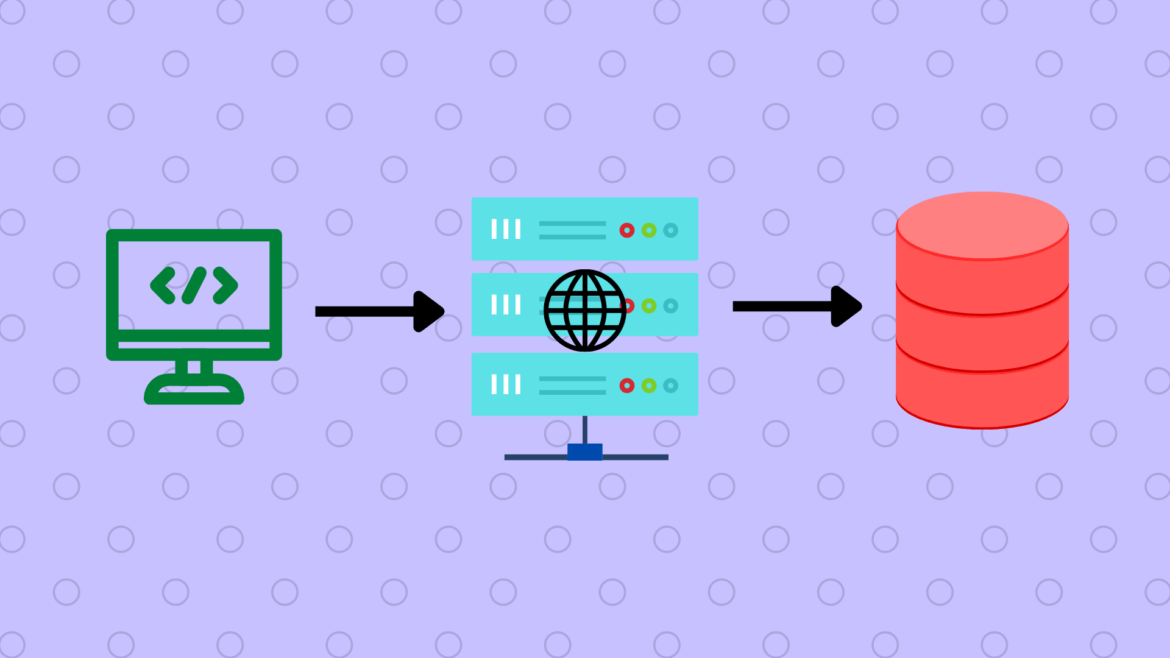Do you know that besides using your browser, you can still get information on the Internet? In this article, we’ll introduce web scraping and its benefits and disadvantages.
A Simple Web Scraping Program
Web scraping is the act of using automated programs to browse the Internet for analysis later on. This can be extremely useful as extracting the content of an online database or webpage can be much faster and does not require much manual effort. So here is a simple program that does this, written in Python.
import requests
response = requests.get("https://centralgalaxy.com")
#The information has not been extracted yet
content = response.text
#The ".text" attribute contains the information that you usually need
'''
Note: If it does not run, you have not installed the 'requests' module. Run
'pip install requests'
in your command-line interface.
'''Upon running this program, you will notice that it’s not a webpage you’re familiar with, but a chunk of HTML text. That’s because web scrapers don’t need to parse the HTML text and run JavaScript for people to read. In fact, you can easily design a way to split the HTML string and obtain the data you need. However, if you have to run JavaScript to extract that data, you have to use some specialized libraries. This guide from Thinkdiff provides an excellent example.
Faster, Cheaper, and More Efficient Data Collection
Web scrapers bring benefits to data collection. Picture yourself having to scan thousands of articles, copy-and-pasting them for an AI algorithm to analyze. This certainly isn’t great, as this can induce mistakes, even when doing the simple task. The flawed data collection can even bias the study.
However, by using web scrapers to extract information from the Internet quickly, you can automate the data collection process. This makes it faster, capable of collecting more data, and nearly error-free.
One of the common uses for web scraping is to increase a company’s competitiveness. By monitoring competitors closely and analyzing reviews of your products, this can help you make adjustments to your website or make modifications to the things you sell. That way, you can improve your sales without wasting vast amounts of human resources and the salaries you give these extra employees.
Web scraping is also used by search engines. They use it to generate enormous indexes of pages, which store relevant information about the webpages. Thus, when a user enters a request, the server can scan the index and return the most useful results.
The Risk for Website Overload
One of the harms of this activity is the risk of DDoS attacks. If you make requests too quickly, either by intention or even by accident, you might end up using up the website’s capacity and crash it, potentially when other web scrapers are also running or if your web scraper is forked into multiple scrapers.
For this reason, websites create rate-limiting systems to block DDoS attacks. For example, if one user or bot sends out requests too frequently, the website might block the bot to warn its owner that it’s time to stop. However, if you still want to continue, make sure you wait a few seconds between each request. That way, the requests will look more human-like and will not put too much strain on websites, even if the website is subject to many scrapers at once.

Some websites discourage web scrapers altogether by ensuring that visitors solve a Captcha to access the content of a webpage. This avoids the problem altogether, but might bring inconveniences to users, leading to high bounce rates.
The Risk for Extracting Paid Content
Also, web scrapers can sometimes lead to legal issues. For example, if a website has paid content or software hiding under its HTML code, it’s illegal to use web scrapers to extract the content unless you are using it on a paid account. However, this can be easily prevented on the website’s behalf by processing the data server-side instead of throwing the database to the client-side and processing it by the browser.
Conclusion
In this article, we’ve introduced what web scraping is, its benefits and drawbacks, and even one simple implementation in Python. If you routinely collect large amounts of data from the Internet rapidly, feel free to write a program that searches the information for you, if the website allows it. For more information on this activity and more implementations of it, please visit the websites in the references below.
References
- (n.d.). Web Scraping. Retrieved June 9, 2022, from https://www.imperva.com/learn/application-security/web-scraping-attack/
- Kenny, C. (n.d.). What is Web Scraping. Retrieved June 9, 2022, from https://www.zyte.com/learn/what-is-web-scraping/
- (2021, August 1). What is Web Scraping and What is it Used For? Retrieved June 9, 2022, from https://www.parsehub.com/blog/what-is-web-scraping/

